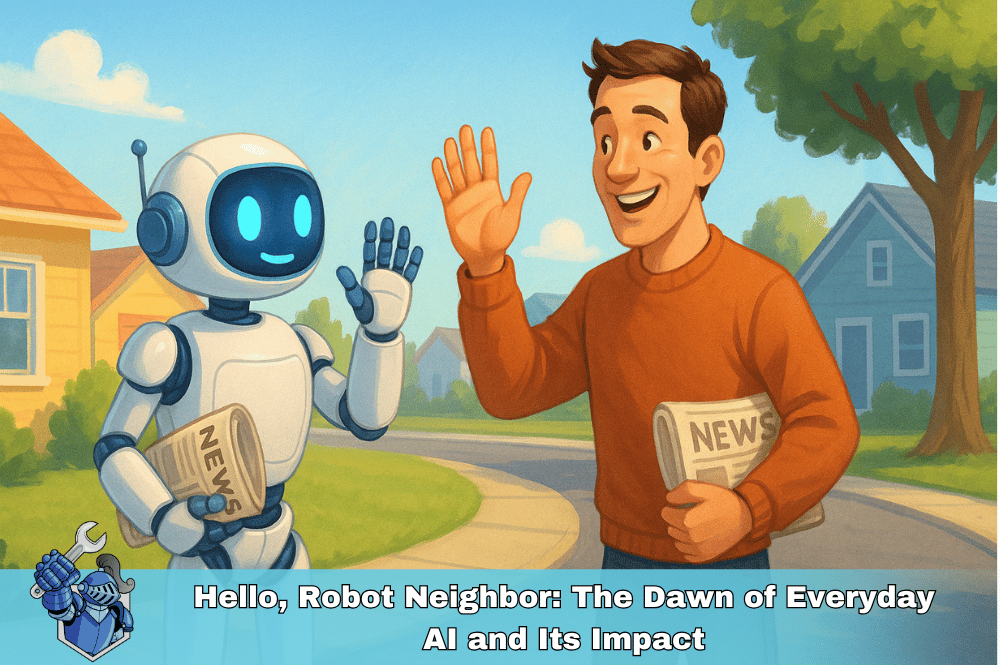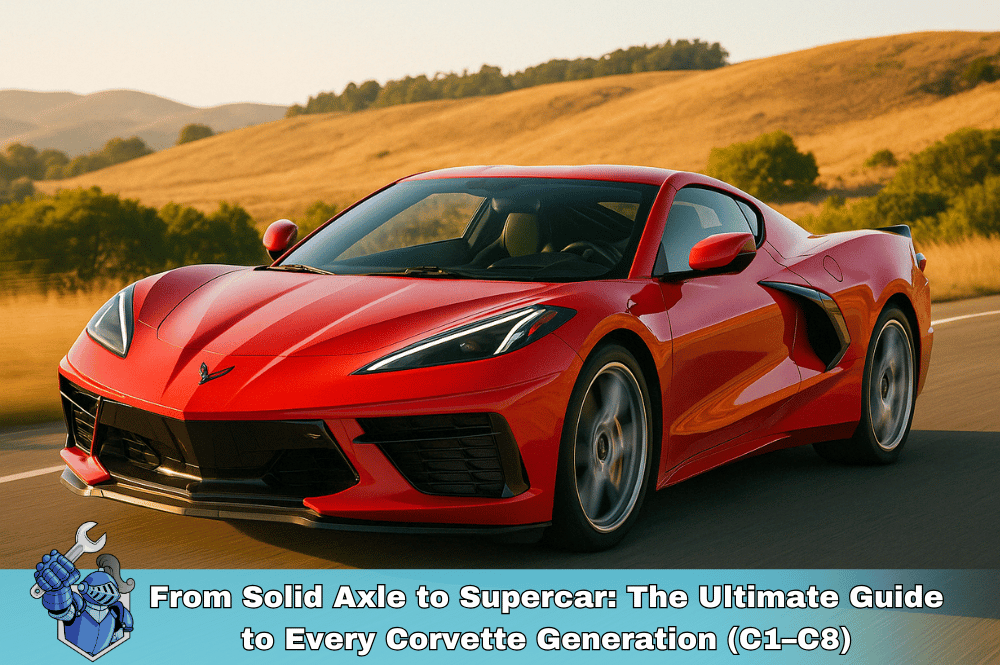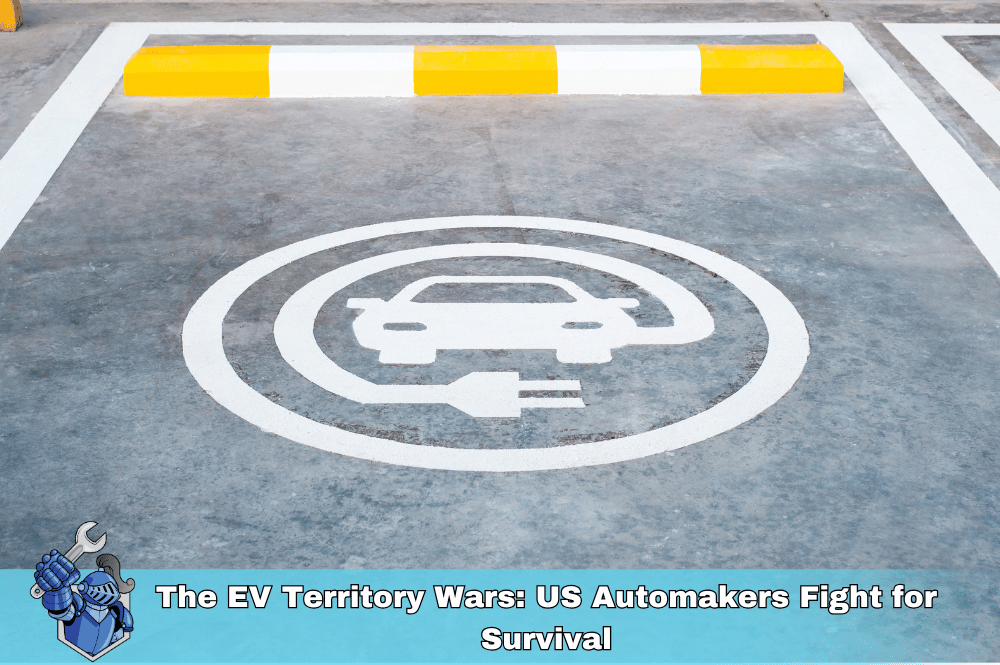Direct-to-consumer (DTC) car buying allows you to purchase a vehicle directly from the manufacturer, bypassing traditional dealerships. This often involves an online process where you can research, configure, finance, and even arrange delivery of your new car from the comfort of your home.
In recent years, the automotive industry has undergone a seismic shift, driven by the rise of direct-to-consumer (DTC) car sales. What was once an unthinkable alternative to the traditional dealership experience has become an increasingly popular choice for car buyers. But what does this mean for the future of car buying, and could it signal the end of car dealerships as we know them? Let’s explore the trends, benefits, challenges, and implications of this evolving landscape.
Understanding Direct-to-Consumer Car Sales
Direct-to-consumer car sales bypass traditional dealerships, enabling automakers to sell vehicles directly to customers. Pioneered by companies like Tesla, Rivian, and Lucid Motors, this model relies on digital platforms to provide a seamless car-buying experience.
Key Features of the DTC Model:
- Online Car Configurators: Buyers can customize vehicles on automaker websites, tailoring everything from paint color to tech features.
- Home Delivery of Cars: Once purchased, cars are delivered directly to the buyer’s doorstep.
- Virtual Test Drives: Immersive online tools let customers experience a virtual simulation of driving the car.
- Online Car Financing: Financing options are integrated into the online sales platform, streamlining the process.
The Benefits of Buying a Car Online
Convenience
Shopping for a car from the comfort of your home eliminates the need for trips to multiple dealerships. This is particularly appealing in today’s fast-paced world.
Transparent Pricing
Online platforms often provide clear, upfront pricing, avoiding the negotiation process that can frustrate buyers at traditional dealerships.
Customization
Online configurators allow buyers to build their dream car without relying on dealer inventory. Tesla’s direct sales model is a prime example of this customization experience.
EV Sales Growth
Electric vehicle (EV) manufacturers have embraced the DTC model. Companies like Rivian and Lucid Motors deliver electric cars directly to customers, reflecting a trend driven by consumer demand for EVs and sustainability.
Challenges of Direct-to-Consumer Car Sales
While the DTC model offers undeniable advantages, it’s not without challenges:
Lack of In-Person Interaction
Virtual test drives can’t fully replicate the feel of being behind the wheel. For some, this makes purchasing a car sight unseen a daunting prospect.
Complex Delivery Logistics
Home delivery of cars requires a robust logistical network, which can lead to delays and customer dissatisfaction if not executed flawlessly.
Dealership Franchise Laws
Many states have dealership franchise laws that restrict direct car sales. These laws protect traditional dealerships, creating legal hurdles for automakers looking to adopt a DTC model.
Impact on Car Prices
One of the most frequently asked questions about direct-to-consumer car sales is whether they make cars cheaper. The answer is nuanced. Cutting out the middleman often reduces costs, but factors like delivery fees and state taxes can offset those savings. However, transparent pricing in DTC sales ensures buyers know exactly what they’re paying for, without hidden fees.
Traditional Dealerships vs. Direct-to-Consumer Sales
The Case for Dealerships
- Personalized Service: Salespeople provide expert guidance and answer questions in real time.
- Test Drive Opportunities: Buyers can test multiple vehicles in one location.
- Maintenance Support: Many dealerships offer on-site service centers.
The Case for DTC Sales
- Convenience: A fully digital experience saves time.
- Modern Appeal: Millennials and Gen Z are more likely to embrace online car buying.
- Focus on EVs: Companies like Tesla have shown how the DTC model works particularly well for electric vehicles.
Customer Experience in Car Buying
The digital car buying experience emphasizes convenience, transparency, and personalization. Online car buying has democratized access to high-tech features once exclusive to luxury brands. For instance, virtual test drives and augmented reality tools let buyers explore vehicles in new ways.
The Role of Dealership Franchise Laws
Dealership franchise laws are a significant barrier to widespread adoption of direct-to-consumer sales. These laws, originally designed to protect consumers from monopolistic practices, now shield dealerships from competition. States allowing direct-to-consumer car sales include California, Colorado, and Virginia, but many others still impose restrictions.
The Future of Car Dealerships
While the rise of direct-to-consumer car sales presents challenges for dealerships, it doesn’t necessarily spell their doom. Dealerships can adapt by integrating digital tools, offering virtual consultations, and enhancing their service centers to remain competitive.
Hybrid Models
Some automakers are exploring hybrid models that blend online convenience with physical showrooms. This approach allows customers to research and customize cars online, then visit a dealership for a test drive and final purchase.
Conclusion
The rise of direct-to-consumer car sales marks a transformative era in the automotive industry. While this model offers significant benefits, such as convenience and transparency, it also faces challenges like legal restrictions and logistical complexities. The future of car buying may not eliminate dealerships altogether but instead push them to innovate and adapt.
For more insights into the automotive industry and car warranties, visit NobleQuote’s Learning Center. Stay informed about the latest trends and find the best vehicle protection plans for your needs.
Skip the Dealership? Top FAQs About Online Car Sales
What is direct-to-consumer car buying?
Is direct-to-consumer car buying cheaper?
It can be! By cutting out the dealership middleman, manufacturers may be able to offer lower prices or more transparent pricing. However, it's essential to compare prices and financing options carefully, as deals can vary.
Which car brands offer direct-to-consumer sales?
Tesla was a pioneer in DTC car sales. Other brands like Rivian, Lucid, and Genesis also primarily operate with this model. Some traditional manufacturers are also exploring or incorporating DTC options into their sales strategies.
Can I test drive a car before buying it online?
Yes, many DTC car companies offer test drive options. These may include at-home test drives, where a vehicle is brought to you, or test drive events in select locations.
How does financing work with direct-to-consumer car sales?
DTC car companies often have online financing options available through their websites or partnerships with financial institutions. You can typically pre-qualify for financing, compare rates, and complete the process online.
What about trade-ins?
Some DTC car companies offer online trade-in valuations and may handle the trade-in process directly. Others may partner with third-party services to facilitate trade-ins.
Are there any disadvantages to direct-to-consumer car buying?
While DTC car buying offers convenience, there are potential drawbacks. You might have less opportunity for negotiation, limited access to physical showrooms for in-person comparisons, and potentially fewer service options depending on your location.
Is direct-to-consumer car buying the future?
While the future of car buying is likely to include a strong DTC component, it's unlikely to completely eliminate dealerships. Many people still value the in-person experience and the relationship with a local service department.
What if I have a problem with my car after I buy it online?
DTC car companies typically offer warranties and support services. Depending on the manufacturer, they may have their own service centers or partner with existing repair facilities to handle maintenance and repairs.
Where can I learn more about specific direct-to-consumer car buying programs?
Visit the websites of car manufacturers that offer DTC sales options (e.g., Tesla, Rivian, Lucid) to learn more about their specific programs, processes, and available models.
Suggestions for you
Read MoreLet’s work together
Every week we showcase three charitable organizations that our donations are sent to. Our clients are able to choose which of these three will receive their gift when they add coverage to their vehicle...

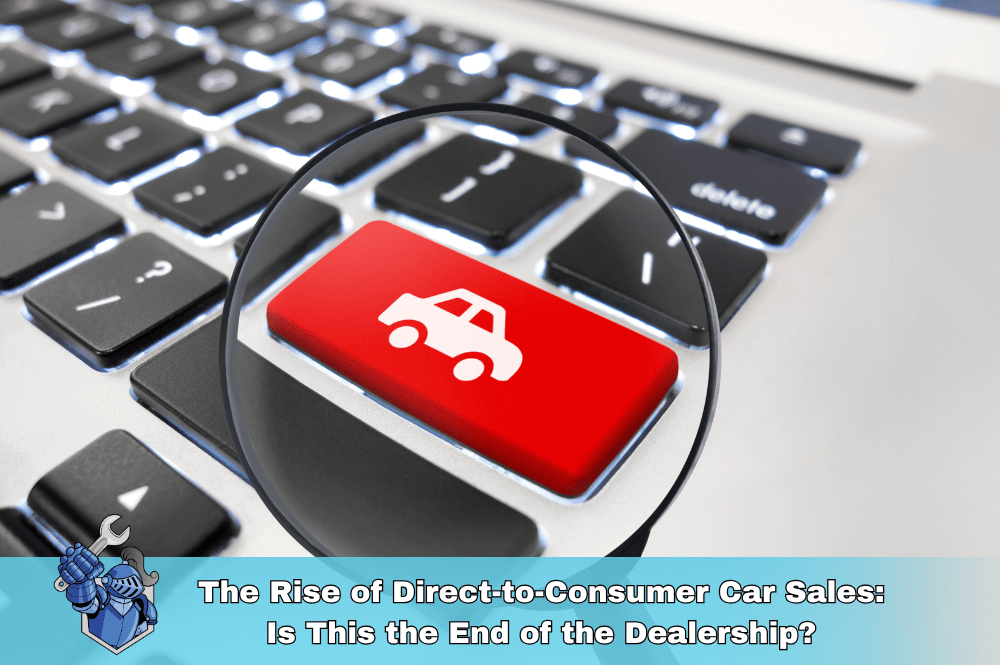
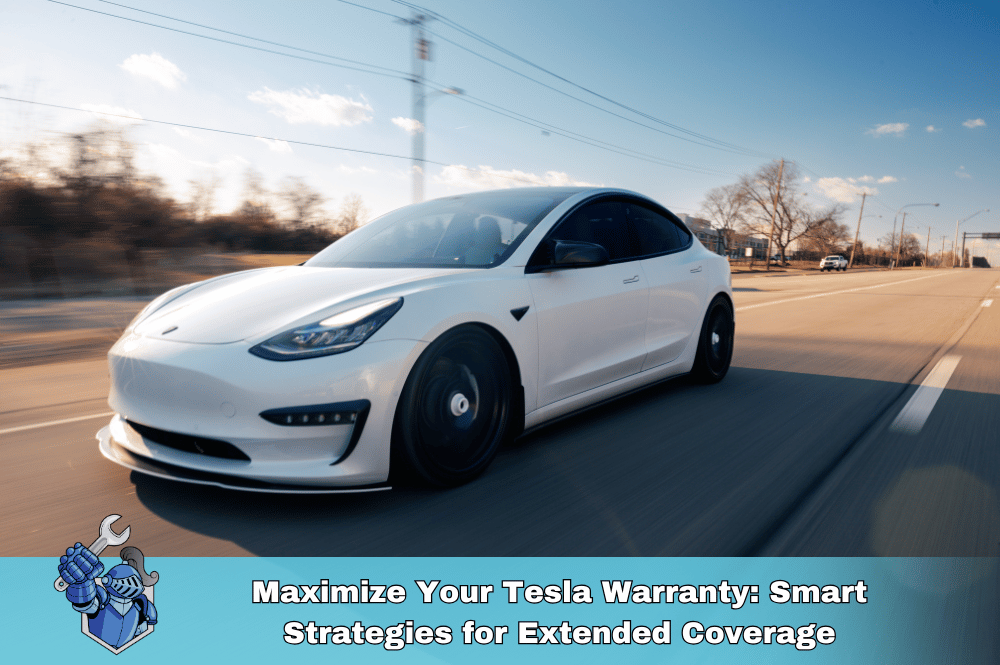 Maximize Your Tesla Warranty: Smart Strategies for Extended Coverage
Maximize Your Tesla Warranty: Smart Strategies for Extended Coverage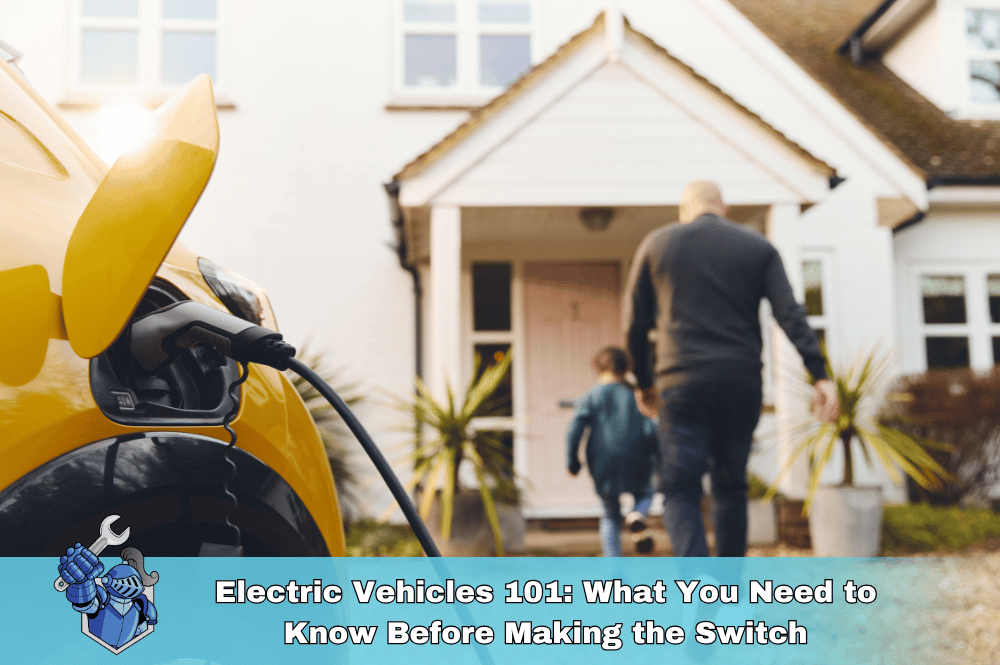 Electric Vehicles 101: What You Need to Know Before Making the Switch
Electric Vehicles 101: What You Need to Know Before Making the Switch Save on Car Repairs: NobleQuote vs. Toco Extended Warranty Review
Save on Car Repairs: NobleQuote vs. Toco Extended Warranty Review Ford Power Steering Repair: Problems & Solutions
Ford Power Steering Repair: Problems & Solutions Car Scratches Driving You Crazy? 10 Steps to Fix Them Yourself
Car Scratches Driving You Crazy? 10 Steps to Fix Them Yourself Why Your Headlights Are Turning Yellow (And How to Prevent It)
Why Your Headlights Are Turning Yellow (And How to Prevent It)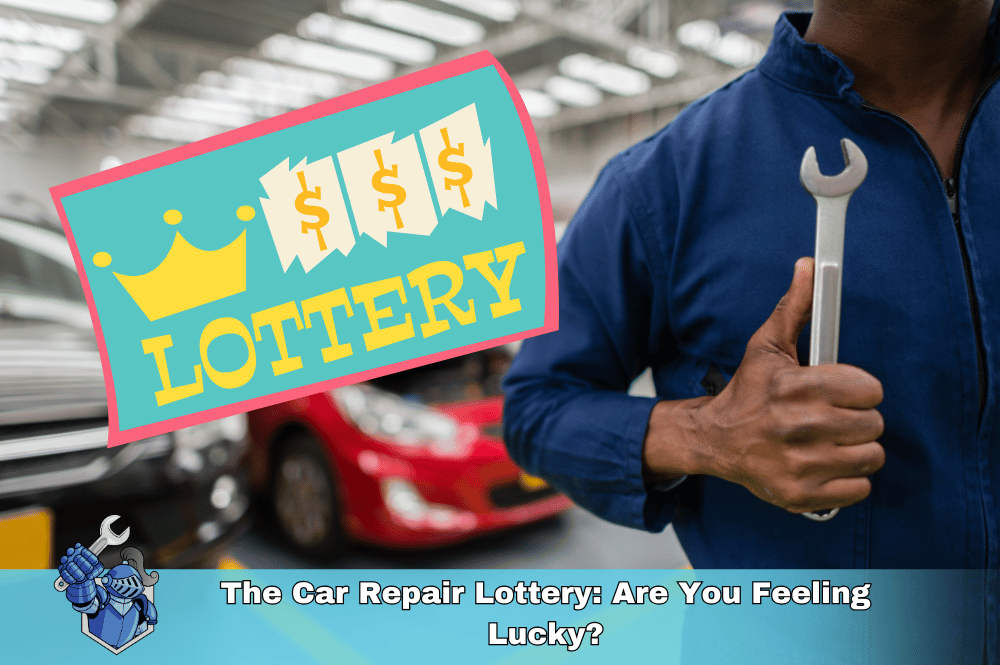 The Car Repair Lottery: Are You Feeling Lucky?
The Car Repair Lottery: Are You Feeling Lucky? Extended Warranty Secrets: Unlocking Surprising Perks You Didn’t Know Existed!
Extended Warranty Secrets: Unlocking Surprising Perks You Didn’t Know Existed! Car Trouble? Your Insurance Might NOT Cover This!
Car Trouble? Your Insurance Might NOT Cover This! Is Your Car a Ticking Time Bomb? The Unexpected Costs of Car Ownership
Is Your Car a Ticking Time Bomb? The Unexpected Costs of Car Ownership Off-Roading vs. Overlanding: What’s the Difference?
Off-Roading vs. Overlanding: What’s the Difference? Should You Buy a Truck? The Ultimate Pros and Cons List
Should You Buy a Truck? The Ultimate Pros and Cons List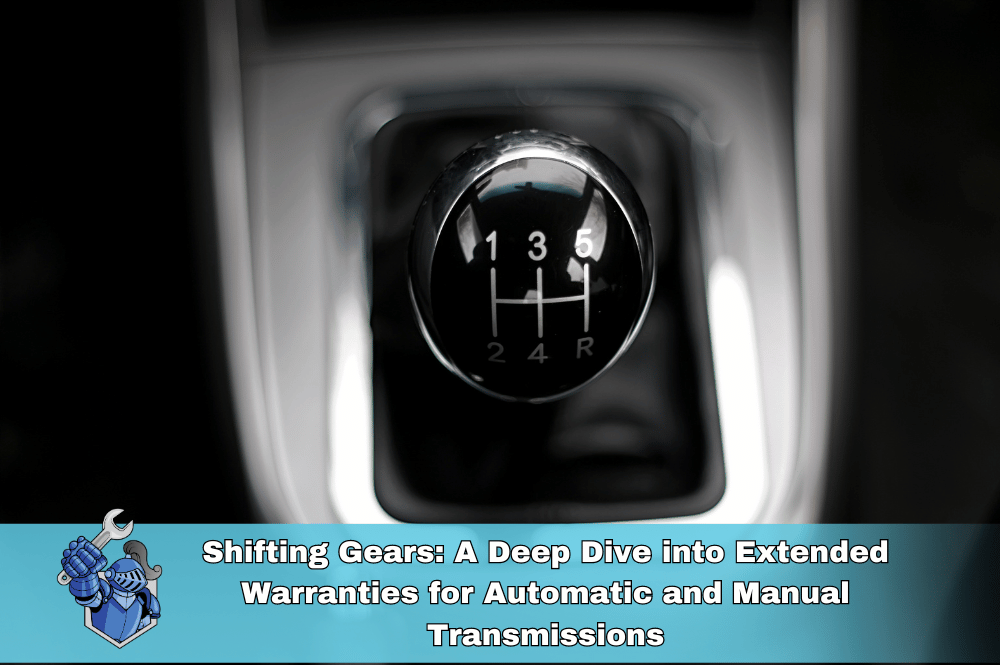 Shifting Gears: A Deep Dive into Extended Warranties for Automatic and Manual Transmissions
Shifting Gears: A Deep Dive into Extended Warranties for Automatic and Manual Transmissions Looking for the Perfect Gift for a Car Enthusiast? Try These 10 Puzzles
Looking for the Perfect Gift for a Car Enthusiast? Try These 10 Puzzles